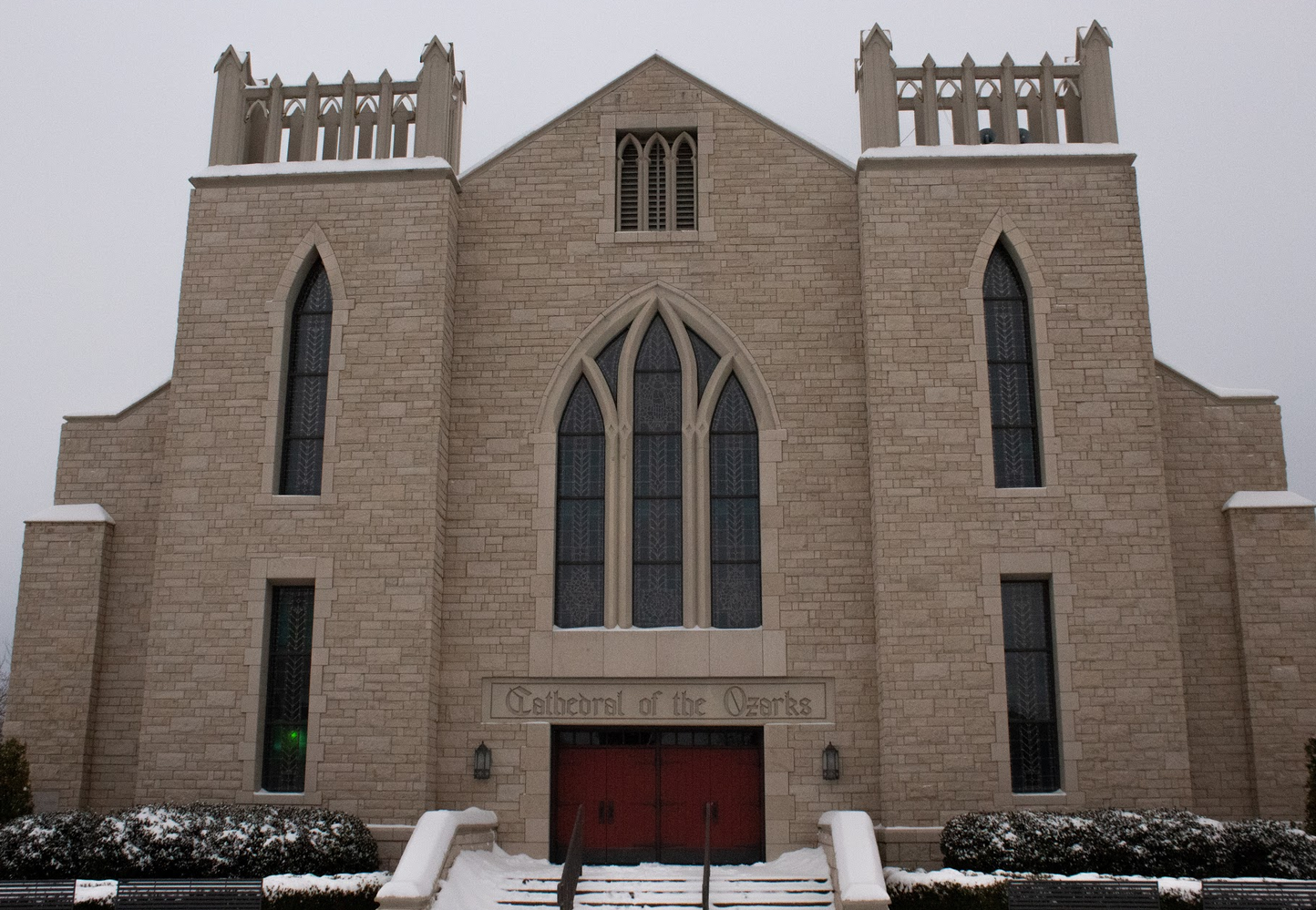![]()
As the COVID-19 pandemic ravages the world, John Brown University recently modified its chapel services to accommodate the Centers for Disease Control and Prevention and Arkansas Department of Health guidelines. JBU seeks to provide students with spiritual fulfillment during their college experience, despite the crises of the coronavirus and inclement weather. Students and staff, however, are torn between the old and new styles of worship. JBU’s pre-COVID traditions remain pertinent in many minds when thinking of chapel, and the level of spiritual fulfillment from both the old and new styles of worship are being held under a microscope.
Kim Murie, assistant professor of teacher education at JBU, is a current chapel leader who finds some aspects of the new chapel service better than previous practice. Murie stated, “I miss being all together and having the corporate experience of worship, but I do enjoy the small group aspect and actually having a chance to discuss the message.” She continued, “I know some students paid attention in the traditional chapel, but many others tuned out. That seems a little harder to do in the small group.” Murie highlighted how the new style allows for a more direct application among students since the messages are left open for small group discussion.
Jake Landis, freshman political science major at JBU, explained the hardships of serving as a student chaplain: “I would say the hardest part about being a Student Chaplain is engaging your peers in a meaningful and intentional way each chapel time. It can be difficult when you have not met any [or] most of the people in your group and to engage in conversation, but that improves throughout the semester.”
“I think there is great benefit to having chapel together as a student body in the Cathedral, so in the future, I would like to see chapel return to its original form,” Landis stated. “However,” he contrasted, “I do think there could be some way to allow students an opportunity to engage in chapel in some form if they so desire.”
In spite of the positive changes these new chapel services offer, some students are vocal about their disdain for the sacrifices made to maintain safety. Trinity Andrus, sophomore art and illustration major at JBU, and Catherine Fox, junior elementary education major at JBU, agree that chapel has not been spiritually fulfilling since the new changes were made.
When asked if spiritual fulfillment still exists in chapel, Andrus stated, “I would actually say no, because I feel that the speakers that we have had so far do not directly teach from the Bible as much and instead teach with personal anecdotes or analogies.” Instead, she recommended for more Bible readings and memorizations from the speakers and content delivered in chapel.
Fox stated, “I honestly feel—and this is not just me—like chapel needs to be more about the Bible rather than peoples’ political opinions.” Furthering her opinion, Fox claimed, “Almost every chapel [is] white people being bashed because the speakers assume [white people] are unloving towards other.” She further agreed that chapel does not provide spiritual fulfillment with this new style of worship.
When asked about the singing restriction during worship, Murie, Andrus and Fox collectively agreed that the university’s choice of revoking singing has greatly lowered the overall appreciation for—and perhaps spiritual fulfilment of—attending chapel.
By contrast, Murie, Andrus and Fox mutually enjoy the formation of chapel groups for the discussions manifested from these intimate groups.
Landis stated, “I have enjoyed the opportunity to encourage my peers through hearing God’s Word and spending time in prayer together.”
Overall, JBU has mixed feelings regarding chapel. While the small group discussions make the new chapel style more spiritually fulfilling, the disappointment students feel should be taken into consideration when reflecting on improving the system.
Photo by Bailey McKenzie





